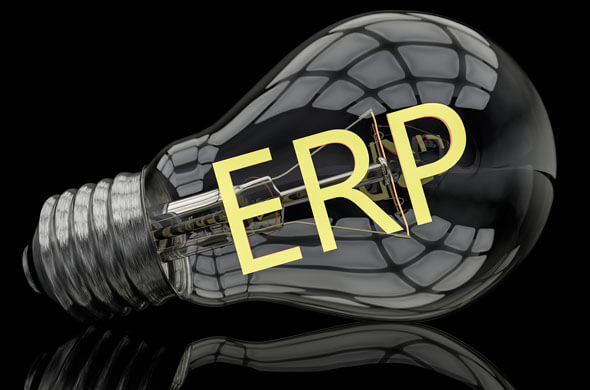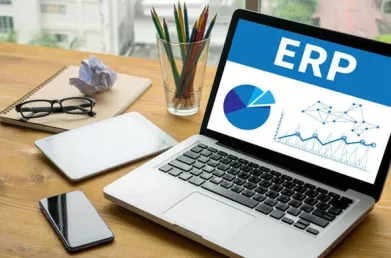Planning ERP Upgrades - Part 3: The Upgrade Implementation Project
Having recently completed managing a successful ERP upgrade project, I thought it would be good to reflect on a few of the key factors behind making an ERP upgrade project a success:
Picking and resourcing the project team
There’s no doubt in my mind that having an enthusiastic and competent project team is essential. If I think back on any of the projects I’ve worked on, the ones with the best teams easily stand out as the projects that turned out best. In any business, the requirement to free up the team for an upgrade project isn’t easy, but it will deliver benefits in terms of the time taken to deliver the project and the quality of the work done.
Senior management commitment
However good the project team is, they’ll need clear direction from senior management. A senior management team that’s interested in the project, resources it correctly and takes the time to deal with any difficult issues that arise is on the right track.
Clarity regarding the scope
Everyone needs to be on the same page as to why the project is happening, what the functional scope is, what new functionality is being introduced and, just as importantly, what’s being left out and why.
Excellent business consultants
This is a must for any ERP project, but a really good consultant in an upgrade project can bring you that little bit further in terms of getting value from the new software. Many ERP upgrade projects set out with the specific intention of implementing selected pieces of new functionality and making as few changes as possible elsewhere. That’s fine in principle, but if you’re moving up by a few versions of the software then most functional areas will have some new features that may be of use. A good consultant can help you identify the ones that give you the most ‘bang for your buck’, often with minimal additional effort required.

Communication
We’ve all seen how failures in communication can lead to problems during projects. Multi-site ERP upgrades involving technical consultants, business consultants, project managers, internal project teams and technology providers are a communications minefield; accidents are waiting to happen at every turn. Good project management is required to ensure proper communication between all parties and to take the necessary remedial action promptly when failures occur. Complex ERP upgrade projects can benefit greatly from having a shared project portal (e.g., using MS SharePoint) to manage documentation, issues and actions.
Most of these topics have been the subjects of previous Lumenia blogs, but an upgrade introduces a slightly different perspective on each of them. Don’t assume that an ERP upgrade is a relatively simple matter: it can have considerable complexity and needs to be planned carefully.
This blog was written by John Donagher, Principal Consultant at Lumenia. Read the other blogs in the series 'Why do you need to Upgrade?' and 'What will the Upgrade cost?' If you would like further information on ERP Upgrades or any other aspect of ERP please send an e-mail to John Donagher.


